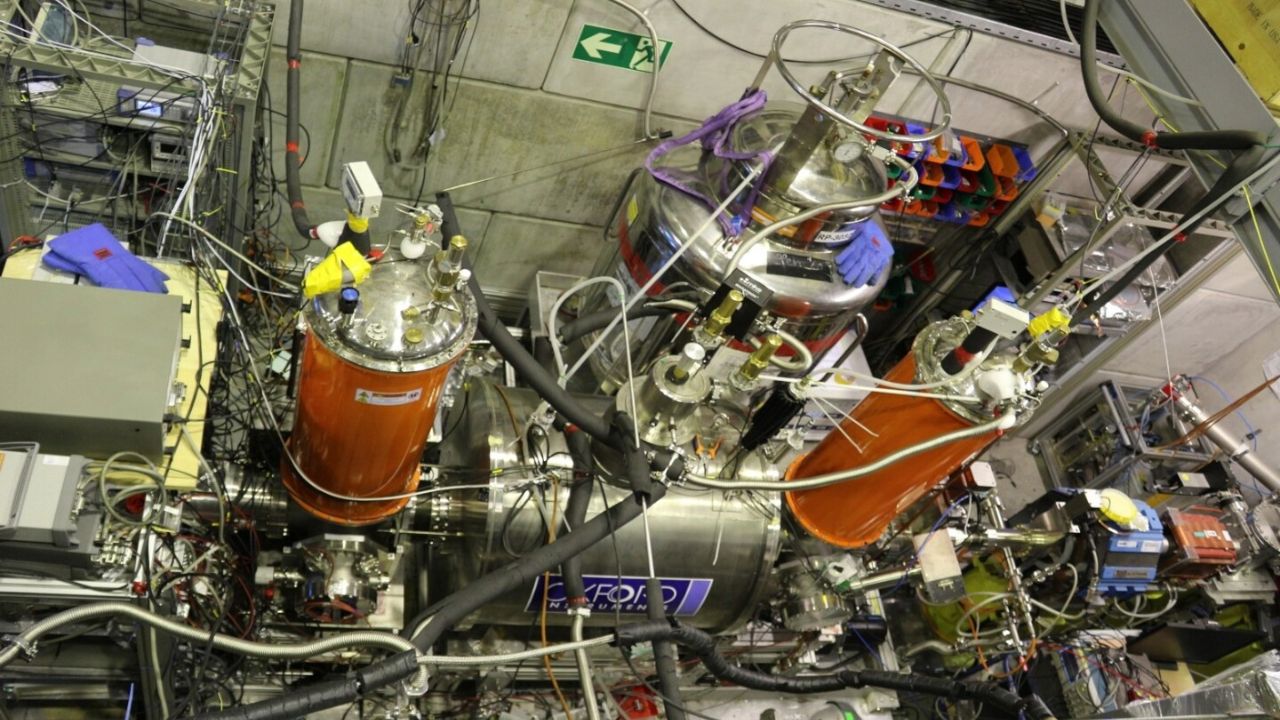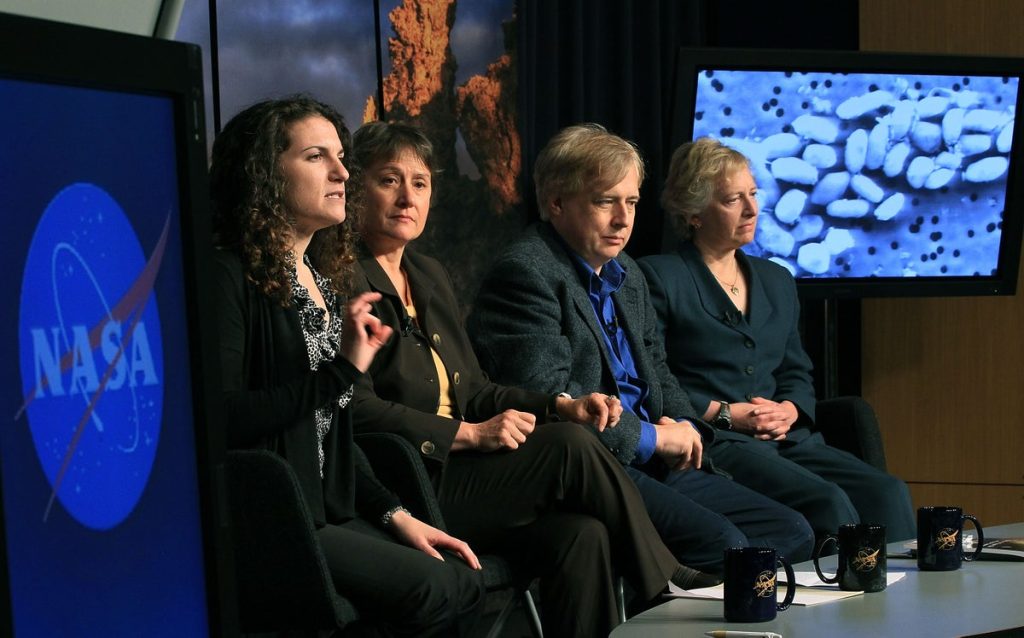Now Reading: Scientists Create First Antimatter Qubit, Paving Way for Breakthroughs
-
01
Scientists Create First Antimatter Qubit, Paving Way for Breakthroughs
Scientists Create First Antimatter Qubit, Paving Way for Breakthroughs

Swift Summary
- Scientists at CERN have achieved a breakthrough by creating the first antimatter qubit, holding an antiproton in quantum superposition for nearly a minute.
- The BASE experiment at CERN focuses on measuring the magnetic moment of antiprotons with high precision.
- This research helps explore why matter dominates over antimatter, despite both being created equally during the Big Bang according to theoretical physics.
- Antimatter particles are stored using Penning traps to prevent annihilation when in contact with regular matter.
- The study aims to investigate charge-parity-time (CPT) symmetry and test if similar forces affect matter and antimatter equally.
- BASE scientists leveraged quantum superposition, allowing an antiproton’s spin states (+1/2 and -1/2) to coexist simultaneously until measured.
- This work opens possibilities for refined future experiments on magnetic moments with increased precision-10-to 100-fold advancement is expected in upcoming phases using portable facilities like BASE-STEP that reduce interference from external conditions.
- Findings were published in Nature journal.
Indian Opinion Analysis
The creation of the first antimatter qubit represents a pivotal leap forward in understanding quantum mechanics and particle asymmetry within the universe. For India, which has been strengthening its position within global scientific research through projects like Chandrayaan missions or collaborations such as ITER (International Thermonuclear Experimental Reactor), advances made by organizations like CERN serve as both inspiration and chance.
India’s burgeoning interest in fundamental physics could be galvanized further by engaging more deeply with international entities conducting cutting-edge experimentation on conflicts between matter-antimatter symmetry-knowledge critical for shaping technological applications and next-generation computing principles such as quantum technologies.
While immediate impact may seem distant given india’s limited infrastructure around antimatter research, efforts underway can gradually incorporate lessons from breakthrough mechanisms like precision magnetic traps explored via BASE initiatives.



























